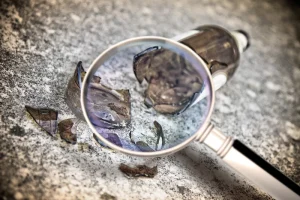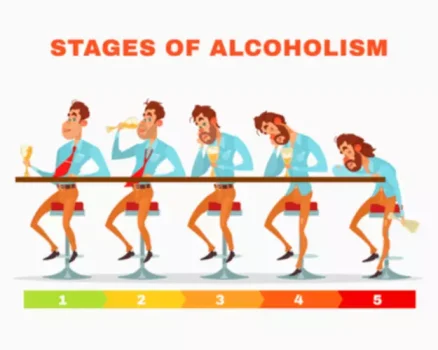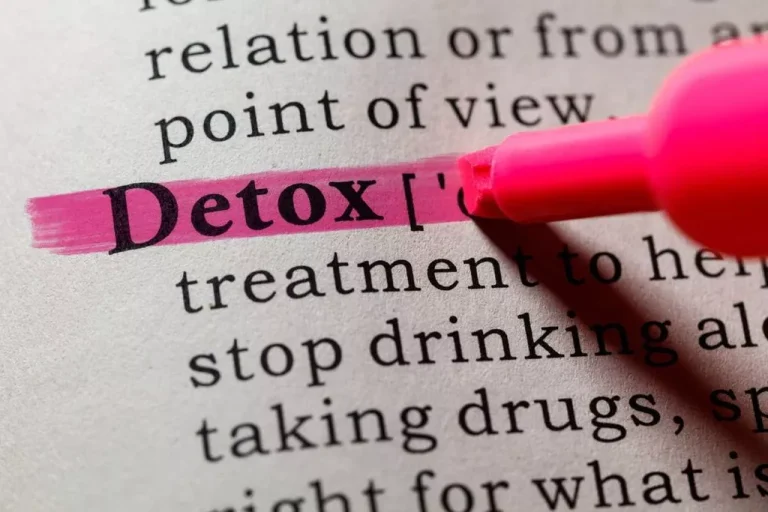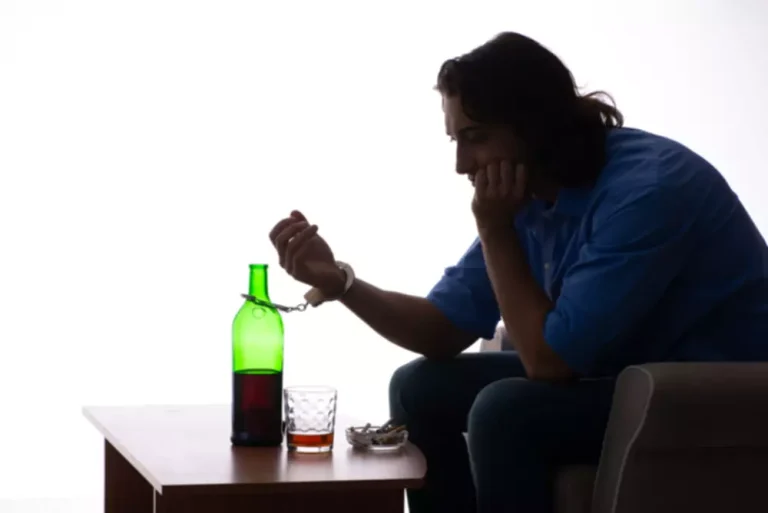Does Tramadol Make You Sleepy, and If So, for How Long?

Alcohol can behave like a sedative, increasing relaxed and tired feelings.This is why alcohol helps you fall asleep. However, during the night, as the amount of alcohol in your blood drops, you are likely to wake up. As a result, when consumed in excess, alcohol can lead to shorter sleep duration and a poorer quality of sleep.

Alcohol and sleep: breaking the cycle
The more alcohol your drink and the closer you drink it to bedtime, the stronger its effects will be. For people who snore or who have sleep apnea—a disorder that causes repeated pauses in breathing during sleep—drinking alcohol tends to aggravate symptoms. Every aspect of your life is affected by too little sleep, including how you show up on your mat, whether you’re practicing or teaching. And if you’re does alcohol help you sleep working out in the evening, don’t go at your usual pace as intense workouts can disrupt your body’s ability to fall asleep. If you’re regularly drinking alcohol to help you fall asleep, particularly if you have insomnia, it’ll probably make your sleep problem worse. There are a few things you can do to improve your sleep quality even when drinking alcohol is part of your routine, says Dr. Oyegbile-Chidi.

Is there anyone who should avoid sea moss?
- For people who snore or who have sleep apnea—a disorder that causes repeated pauses in breathing during sleep—drinking alcohol tends to aggravate symptoms.
- People with insomnia have an increased risk of developing alcohol use disorder, potentially because many individuals turn to alcohol as a sleep aid.
- It was a journey of several months, but I felt years younger after.” Read the review.
“If you experience insomnia, mood imbalances and other brain symptoms, it may be best to cut back alcohol intake overall,” Dr. Scheller adds. “Many people find that while it initially seems difficult to break the habit of using alcohol to induce sleep, they soon adjust and experience better sleep and energy overall,” she continues. Normal sleep cycles through four stages, which are either considered rapid eye movement (REM) sleep or non-REM sleep. Some people may develop sleepiness while taking 100 milligrams (mg) of tramadol. In studies, sleepiness was reported in 8% of people who took 100 mg of extended-release tramadol for moderate to moderately severe pain.
Health Categories to Explore
While “relaxed” may sound appealing, alcohol has also been shown to negatively affect sleep and other physiological processes that occur during sleep. If you’re planning on heading out for a night that will involve some drinks, there are some things you can do to help you sleep afterward. If you think your drinking may be impeding your sleep or overall quality of life, speaking to your doctor or therapist is a great first step. So while cutting out drinking will likely benefit your sleep, there may be other factors affecting your shuteye. Even though a glass or two may help you initially drift off faster, it probably won’t benefit your sleep quality in the long run. Circadian rhythms affect how the body responds to alcohol, depending on the timing of alcohol intake.
- People who wake up feeling unrefreshed may be more likely to rely on alcohol again to help them sleep the next night, leading to a counterproductive pattern of alcohol use.
- But she was also able to evaluate how her daytime behavior influenced her sleep.
- As part of this 24-hour cycle, the body releases a hormone called melatonin to prepare us for sleep in the evening.
- RISE uses your phone use data and sleep science algorithms to work out how much sleep you need — and it could be more than you think.
- If you’re having trouble falling or staying asleep, alcohol consumption could be a contributing factor.
- People with insomnia often wake up tired and struggle with poor memory or concentration.
- While alcohol can make you feel tired at first, it can also disturb your sleep as it wears off.
- Studies show a direct link between alcohol consumption and OSA, since drinking alcohol causes throat muscles to relax.
- When a person is diagnosed with sleep apnea, it means that they have short and frequent breathing cessations during the night.
- While “relaxed” may sound appealing, alcohol has also been shown to negatively affect sleep and other physiological processes that occur during sleep.
On the contrary, as alcohol passes through the body, it exerts a number of biochemical effects that tend to lead to poorer sleep. Understanding the effects of alcohol on sleep is the first step toward preventing alcohol-related sleep problems. Reducing your alcohol intake, especially in the hours leading up to your bedtime, can help you wake up well-rested and energized in the morning. In addition, since poor sleep can negatively affect one’s health, the benefits of a restful night go beyond feeling alert in the morning. More than 70% of those with alcohol use disorder (AUD) also experience alcohol-induced sleep disorders, such as insomnia, according to scientists in a 2020 review.
- So after a few drinks, you’re likely to have increased wakefulness and more light sleep.
- The best way to ensure alcohol doesn’t mess with your sleep is to avoid it altogether.
- One study found if you drink alcohol during a natural dip in energy (like your afternoon slump), your urge to sleep may override the stimulating effects of alcohol.
- In these cases, the problem lies with the throat muscles, which relax too much, partially or fully blocking a person’s airway repeatedly during the night.
- But part of a smart, sleep-friendly lifestyle is managing alcohol consumption so it doesn’t disrupt your sleep and circadian rhythms.
- Interfering with your body’s natural rhythms will result in lower-quality sleep overall and may even cause you to wake up throughout the night.
Why You Should Limit Alcohol Before Bed for Better Sleep
Experiencing these two brain wave activities at the same time is thought to inhibit quality rest. Additionally, alcohol inhibits REM sleep, which is often considered the most mentally restorative phase of sleep. When you’re in the first two stages, you’re in “light sleep.” When you’re in the third stage, you’re in “deep sleep.” And the fourth stage is your “vivid,” or dream, stage. While every person’s individual sleep cycle varies, it’s generally true that each of us goes through four to six rounds of it. Each cycle lasts around 90 minutes total, which adds up to between six and nine hours of sleep. Studies show a direct link between alcohol consumption and OSA, since drinking alcohol causes throat muscles to relax.

